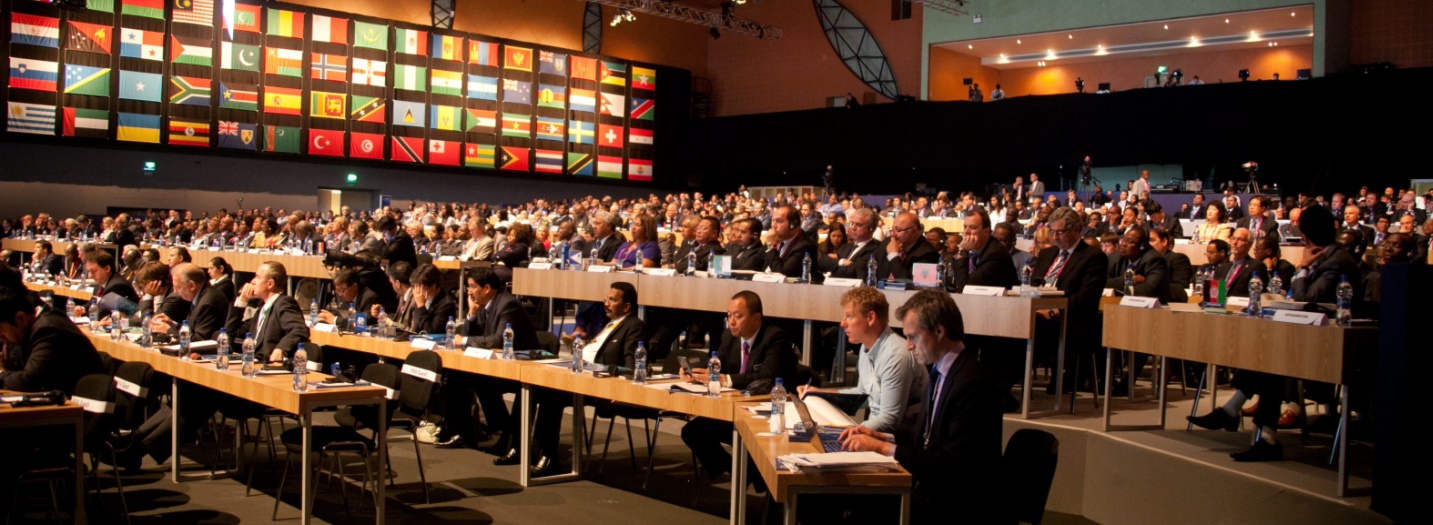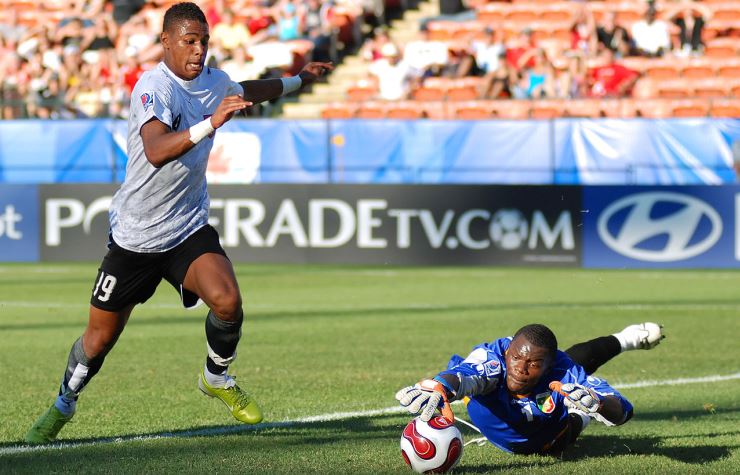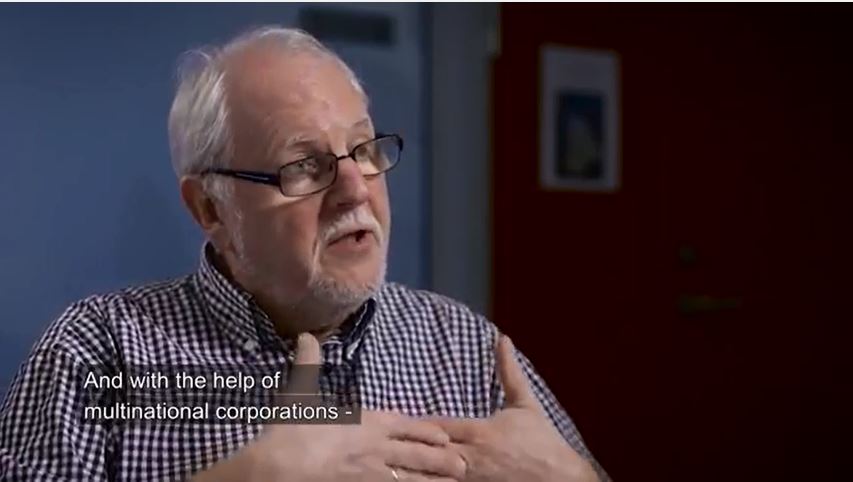
The democratic paradox in FIFA
The election of a new president for one of the world’s most powerful sports organisations shows how corruption and democracy is a bittersweet cocktail.
By Marianne Lie Becker, mlbecker@health.sdu.dk, 23-02-16
On 26 February this year, 209 countries, each possessing one vote, will elect a new president for FIFA, the international football federation responsible for the organisation of football’s major international tournaments such as the World Cup.
FIFA is a democratically governed organisation which on the surface resembles the Western European - and thus also the Danish - approach to sports. As something voluntary, passionate and beyond political influence.
In reality, however, this is not the case. As FIFA has expanded and incorporated some 100 African and Asian countries into the federation, football has become synonymous with big business, corruption and vote buying.
The white man’s burden
Jørn Hansen is a head of research and Professor in sports history at SDU. In the film below, he explains why it is so difficult to get a handle on the situation in FIFA and eliminate corruption in football.
-I call it the white man's burden. After the fall of the colonial powers, a great many countries gained independence and eventually joined FIFA. Here they have to participate in a democracy, which means something entirely different to them than it does to us Europeans.
-They are from countries where ‘friendly favours’ are nothing out of the ordinary. This totally runs counter to the Western European concept of democracy, where such favours amount to corruption.
An ugly history
Corruption in FIFA has come under public scrutiny in earnest following revelations of president Sepp Blatter’s possible involvement in dubious deals on hosting, broadcasting rights and shady financial transactions.
-But really, Sepp Blatter is merely a product of his predecessor Joao Havelange’s way of running FIFA, Hansen argues.
- Although he is European, he was in a manner of speaking raised in the “new world order” from Africa and Asia, which Joao Havelange represented - where corruption is simply seen as completely ordinary favours between friends.
FIFA’s FBI connection
Even though the extent of corruption in FIFA has only recently been revealed, it has likely played a role in the world of football for a long time.
Sepp Blatter’s downfall was the result of an American member of FIFA, Chuck Blazer, making a deal with the FBI to provide incriminating information about Blatter in return for immunity from being charged with corruption.
-Before then, it was impossible getting anyone to move against Blatter. Through the years many powerful officials instead chose to leave FIFA, and everything was swept under the carpet, Hansen says.

Football is big business
The fact that football has become an arena for far greater powers than those scoring the goals is due to the huge economic interests that exist in the sport.
Ever since the 1970’s where Joao Havelange - with Sepp Blatter in the sidelines - increased the number of participating countries in the World Cup from 16 to 32, football has become big business.
As football continues to develop and become increasingly organised in Africa and Asia, the market for advertising and events continues to grow.
Big corporations such as Coca-Cola, Adidas and McDonald’s jumped aboard Havelange’s wagon, and in collaboration with FIFA turned football into a "business" with an turnover of 250 Danish billion kroner in 1998.
The democratic straightjacket
-Where there is lots of money, corruption - or at least the suspicion thereof - soon follows. This is not only the case in FIFA. That’s why there is no basis for making moral judgements. Football has become highly politicised because there is so much money involved in the sport.
-We cannot expect FIFA to operate differently from other democratic systems where new countries, new interests and new power structures come into play. On the contrary; democracy can be a straightjacket, Hansen says.
He is sceptical with regards to the chances of a new president eradicating corruption in FIFA.
Democracy fuels the corruption
The presidential election constitutes a showdown between the old and new FIFA members. About 100 countries are expected to vote for Sheikh Salman from Bahrain, while only a slightly higher number are expected to cast their vote for the Italian-born Swiss national, Gianni Infantino.
-Even if Infanito wins, it will not necessarily herald the end of corruption in FIFA. Because he and the rest of us have to accept the fact that about half of FIFA’s member countries represent the new world order,"says Hansen.
-We run the risk of having the democracy which we so idealise being a catalyst for even more corruption in FIFA, and the sport moving even further away from the Scandinavian model, where sports is characterised by passionate volunteers and fair play.
